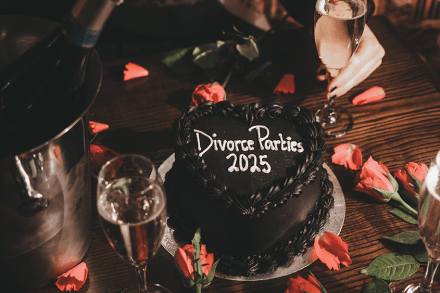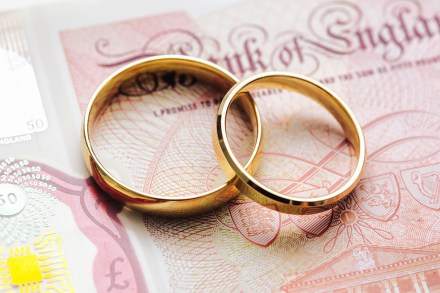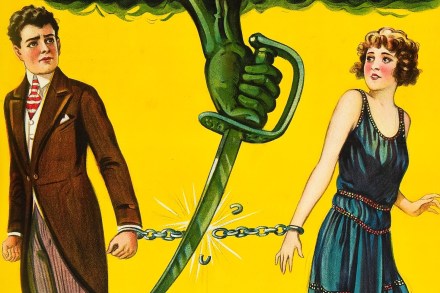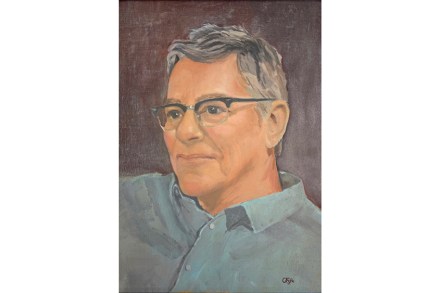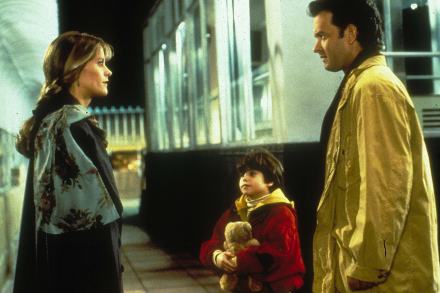The inevitable rise of the divorce party
Have you been to a ‘divorce party’ yet this season? If you haven’t, not to worry, there’s still time. Divorce season lasts for the whole of January, I’m told, so there’s a couple of weeks left to celebrate. And if perhaps the details of your own nasty separation aren’t yet finalised, or if your lawyer and your ex have between them drained the champagne fund, then why not simply nip into town and crash someone else’s? You’re bound to find one. Perhaps in the future there will be un-wedding lists, allowing guests to repurchase things the ex took Divorce parties have become so popular here in London that several of
